Getting Through: Supporting Learners as they Transition to School at Home
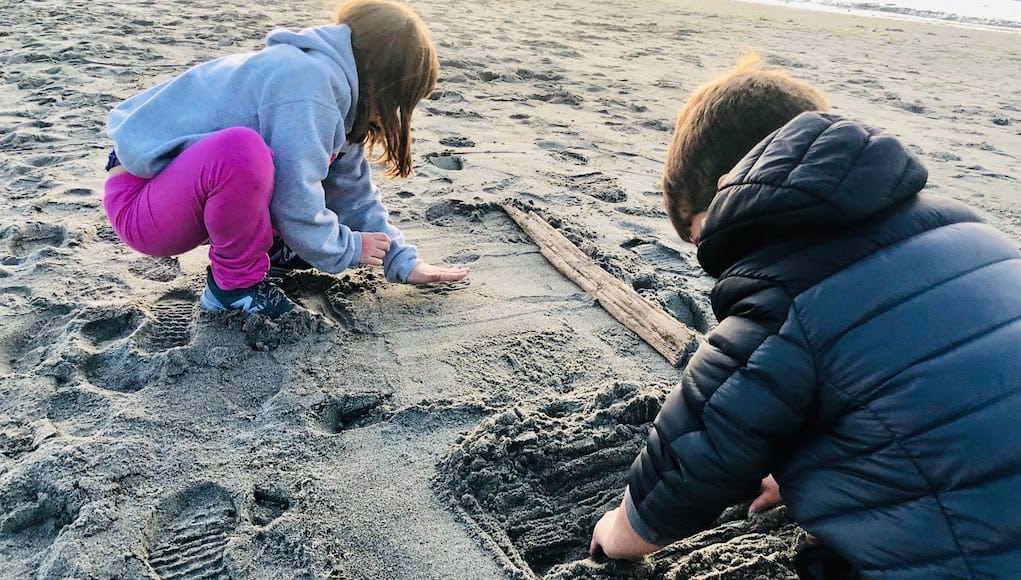
By: Kelly Niccolls and Rebecca Midles
We are starting a journey into the new terrain of parenting in response to school closures and home-bound learning opportunities for students. As we know that our children call many different types of places home, with varying degrees of access to resources and experiences, we want to be mindful of not projecting a “right way” or “best way,” and be more intentional of providing some resources and considerations that we hope to be useful. We want to acknowledge and curate great resources that are coming together in our communities. Many started from educational services and companies but also more grassroots support from teachers, often out of concern for their students.
First and foremost, as a parent, it is not your responsibility to be the teacher right now. It is helpful for you to support and encourage your child to continue exploring questions and keep up a reading practice and attempt to solve problems- but it is most important that you provide them space to connect, feel, wonder, try, and find refuge in these uncertain times.
Our kids will remember this time through experiences and connections. They will likely not remember the online lessons. We traverse this unknown with you and will share what we learn along the way. We also want to recognize that many families may not have online resources available or the time to provide ‘structured’ learning for their children. Where we can point out options that are not digitally dependent, we will do so. Some of the more well-known exceptions to the learning occurring outside of a classroom (and outside of work-based learning) are already in a home, around a home, in neighborhoods, in nature, and to that extent, we will also highlight what can be referred to as experiential learning or place-based learning. These highlights could be a learning framework, resource or set of questions or conversations.
Below are resources to help you get started on this journey. Some support academic development and most support whole child/adult learning in our new normal:
Resources to Help Get You Started
- So They’ve Closed the Schools, Now What? You don’t have to recreate school.
- Making Most of the School Closures: Katie Martin Blog
- Elementary Level Resources: This Doc from the University of Washington Dept of Education
- Math: Math Camp Open Middle
- Science: Great app for when you are out and about
- Project-Based Learning ideas from Jenny Pieratt
- Comprehensie doc of options, both online and offline
- The Mega List of online resources
- Social and Emotional Learning: What COVID-19 Can Teach Us About Mindfulness
Thoughts for Parents
- Give yourself grace in what you can do, show your children how to handle the unknown and how to lean into difficult situations, sharing a belief in solutions.
- Understand the learning day at home may be shorter in comparison to their school day and that’s ok.
- If you don’t already, cook and clean together (find the learning in these daily activities).
- Learn something you have always wanted to do, teach, or play with your children.
- Share stories from your childhood that you want your children to know.
- Write a song together, create art, study the stars, camp outside, plant some seeds for a garden or flower pot.
Some Things to Keep Peace of Mind
- Read a book. Read an article on your phone. Read a magazine. Read, reflect, encourage more reading. Share appropriate takeaways with your children (role modeling reading counts!).
- Write a journal. Write a favorite story of your life. Consider sharing with your family.
- Doodle images and expressions of your experiences and feelings.
- Reach out by phone, emails, letters to your tribe, stay connected and interactive.
A Reminder to Keep Having Fun
- Invite your children to write a letter to themselves 10 years from now. They could also write an email or a letter to an older relative, and share a story. PBS Support and Video
- Plan nature hikes with scavenger hunts, each family member could own one of the items to research and add to the hunt.
- Learn a new type of art or research artists. Try new music and learn about the genre.
- MoMA online search
- Curated List of HS Art Teacher Blogs
- Elementary and Middle School Students Art Projects
- On their own, with a sibling or with you, design a new superhero outfit and superpower, and research real-life heroes
- Digital: Superhero outfit
- Digital: Structured online Marvel Route)
- Learn another language together
- Tips for Teaching a Language You Don’t Know: “…don’t beat yourself up if you miss a week or two … at this point, exposure is all your child needs.” (5 Tips)
- Learning as a Family: “3 basic goals and 3 simple first steps we’re using to learn Arabic as a family“
- Design a family garden and research planting strategies for varied plants. Divvy up the work or plan it to do it as a team and put it to action.
- Gather items that your family may no longer need and either donate, recycle or upcycle these into something else.
- Plan a family dinner that your children will help prepare or cook by themselves.
- Learn about birds in your backyard or community and try to find them.
- Move your bodies and burn off some energy. Go on a walk, take a virtual yoga class, or co-create a workout with your family.
What other resources or tips have you found valuable? Leave them in the comments below!
For more, see:
Stay in-the-know with innovations in learning by signing up for the weekly Smart Update.
Getting Smart has launched the Getting Through series to support educators, leaders, and families on the path forward during such an uncertain time. This series will provide resources and inspiration as we face long term school closures, new learning environments, and address equity and access from a new lens. Whether you are just getting started with distance or online learning, or you’ve had plans in place and have the opportunity to share your work and guidance with others, there is a place for your voice and an opportunity to learn.
We’re going to get through this together, and we invite you to join us. Please email [email protected] with any questions or content you’d like considered for publication. We also invite you to join the conversation and on social media using #GettingThrough.
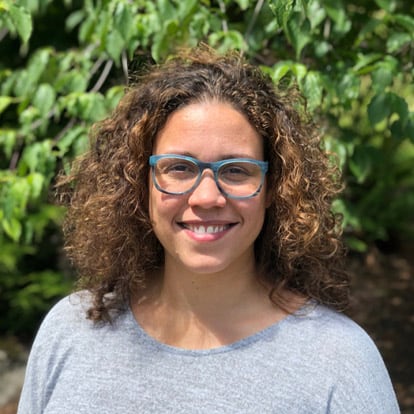
Kelly Niccolls
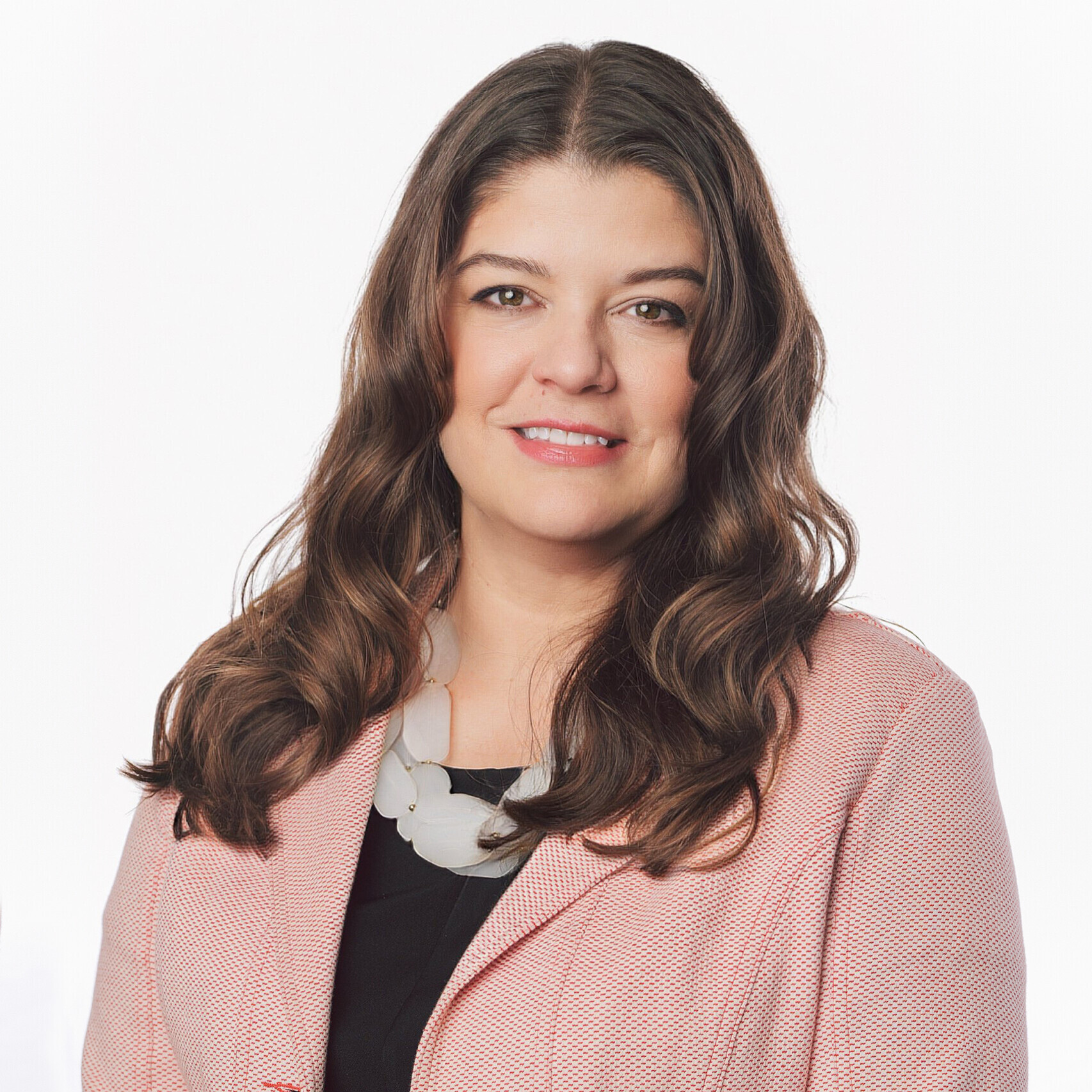



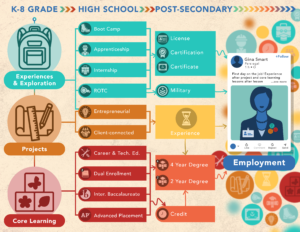
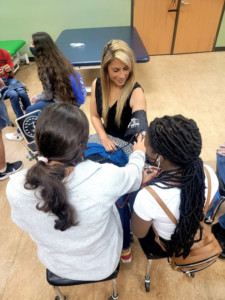

0 Comments
Leave a Comment
Your email address will not be published. All fields are required.